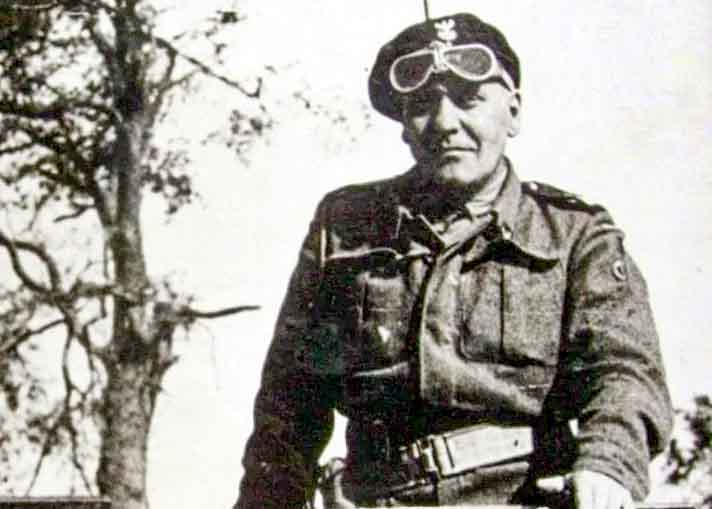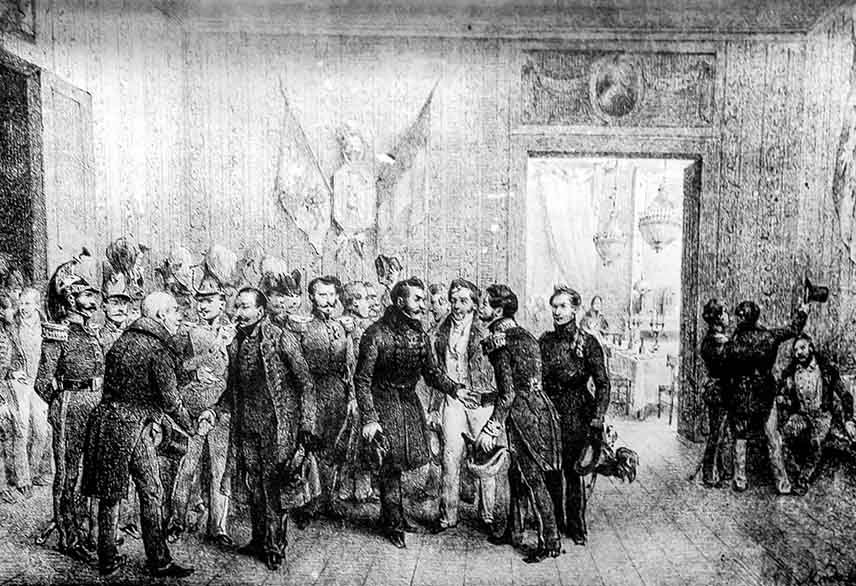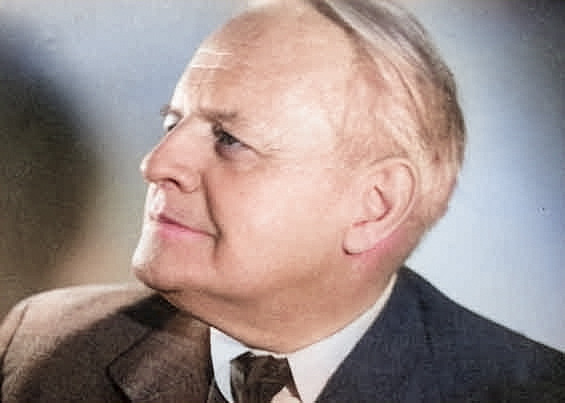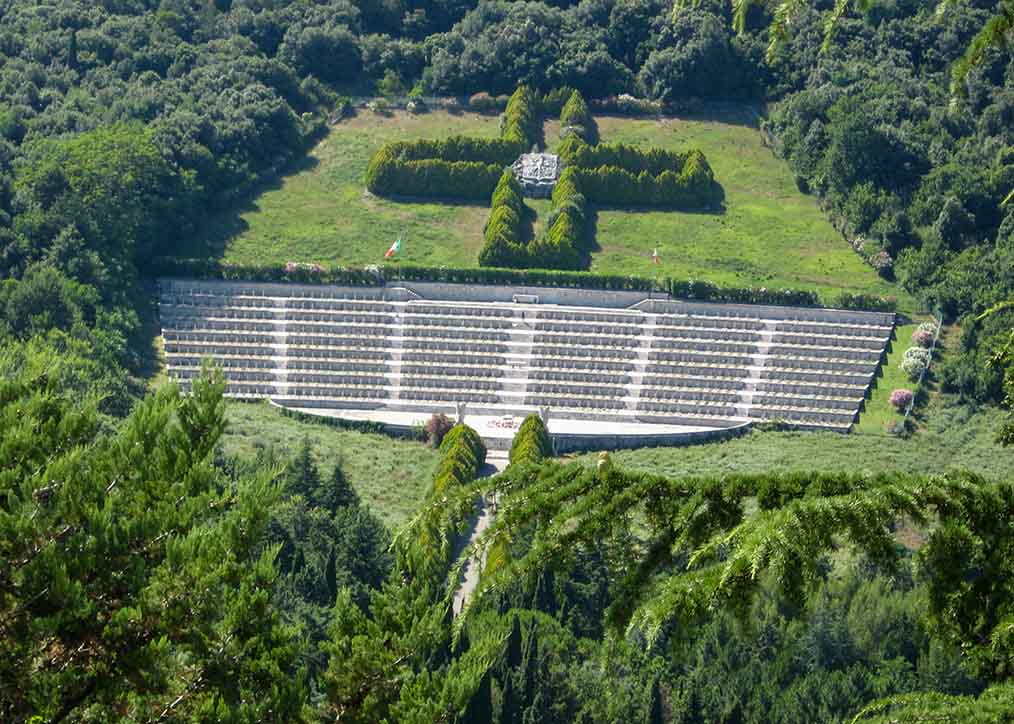On the 80th anniversary of the Battle of Monte Cassino, we remember the heroism of the Polish soldiers. It is important and necessary to reflect on these events. It is also worthwhile to reflect on what happened after the battle and the fate of the independence emigrants.
The battle of Monte Cassino was undoubtedly an important memory for Polish veterans. Apart from the Soviet gulags and the formation of the Polish army in the USSR, it is the most important theme in their accounts. As early as 1944, some sensed that their wanderings might not end with a return to a free Poland. Nevertheless, they did not lack determination to fight. I think that Monte Cassino is a symbol of the ethos of the Polish soldier of that time, who fought for his homeland beyond its borders, regardless of whether he would ever see it again.
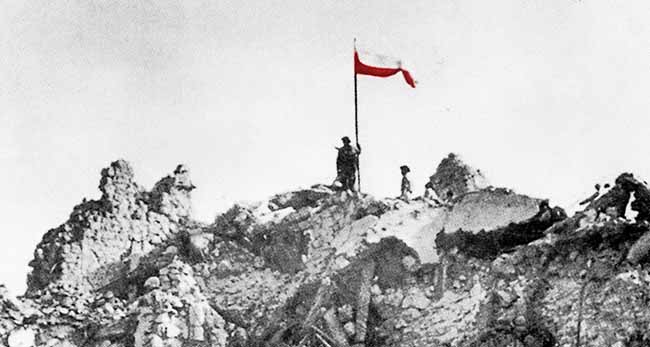
Planting the Polish flag at Monte Cassino - colored (Source: DlaPolonii.pl)
Ultimately, after World War II, Poland did not regain its sovereignty and found itself in the Soviet sphere of influence. Therefore, the fate of the Monte Cassino veterans varied.
As a rule, they settled in countries of the free world, usually in Great Britain, but also in Canada, the United States, Argentina and other corners of the globe. Some, due to the political situation in Poland during the communist era, came to their homeland for the first time since the outbreak of the war only after 1990 - often it was their only visit. Some veterans never managed to visit. As a result, their journey to free Poland, which had begun in 1939, was continued by their children.
'For many of those who emigrated for independence, the Battle of Monte Cassino did not end in 1944. Their war lasted much longer and often ended tragically. We know that some people, unable to cope with the trauma of war, have committed suicide.
The deeds of the heroes of Monte Cassino tell us that the homeland is priceless. We may live outside its borders, we may fight battles in distant corners of the world, but we cannot forget it.
The strength of the Polish identity that the veterans of Monte Cassino instilled in the successive generations of independence emigrants is undeniable. In the fourth generation, children still speak Polish. Regardless of how people's lives unfold, whether they remember the identity of their ancestors or decide to go in a different direction, sooner or later the desire to return to their roots is felt. I know stories of people who found out at the age of 70 that their biological father was a Polish soldier. Despite their age, this became a reason to search for information about a hitherto unknown ancestor.
The memory of Monte Cassino also exists outside Poland, especially among Poles scattered in various parts of the world. Anyone who has heard of the event should know that Polish soldiers took part in it.
The knowledge tests required to obtain British citizenship include questions about the activities of Poles during the Second World War. It is impossible to tell the story of the Second World War and Monte Cassino to the Americans, the British, the French or any other nation without the word 'Poland'. We cannot forget this when we recall our ancestors and reflect on their deeds.







